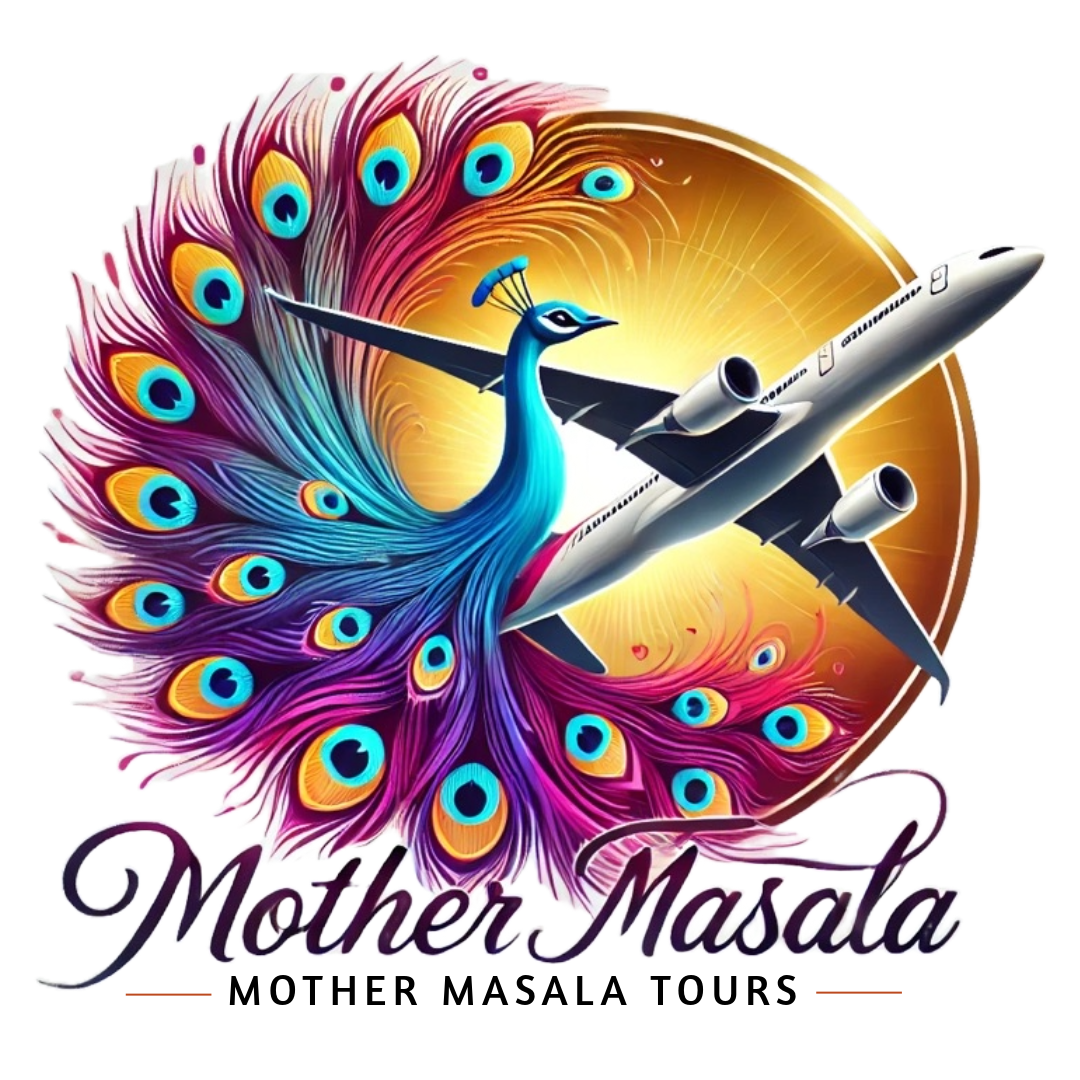
Epic Mysterious and Majestic India
Mehrauli Archaeological Park Delhi
Mother Masala Tours
Stepwells and Hidden Histories
Mehrauli Archaeological Park Delhi. A sprawling expanse that reveals layers of history spanning over a thousand years. The park covers an area of approximately 200 acres and serves as a canvas depicting the city’s evolution from the early medieval period to the colonial era. The name "Mehrauli" derives from the Arabic word for "place", signifying its significance as a residential and administrative area through various historical epochs. Construction in this area began during the time of the Tomar Dynasty in the 11th century, with subsequent contributions from the Delhi Sultanate, notably Qutb-ud-Din Aibak, who founded the city and initiated the construction of various structures. This site houses numerous monuments, including the iconic Qutub Minar, which was built between 1193 and 1368.
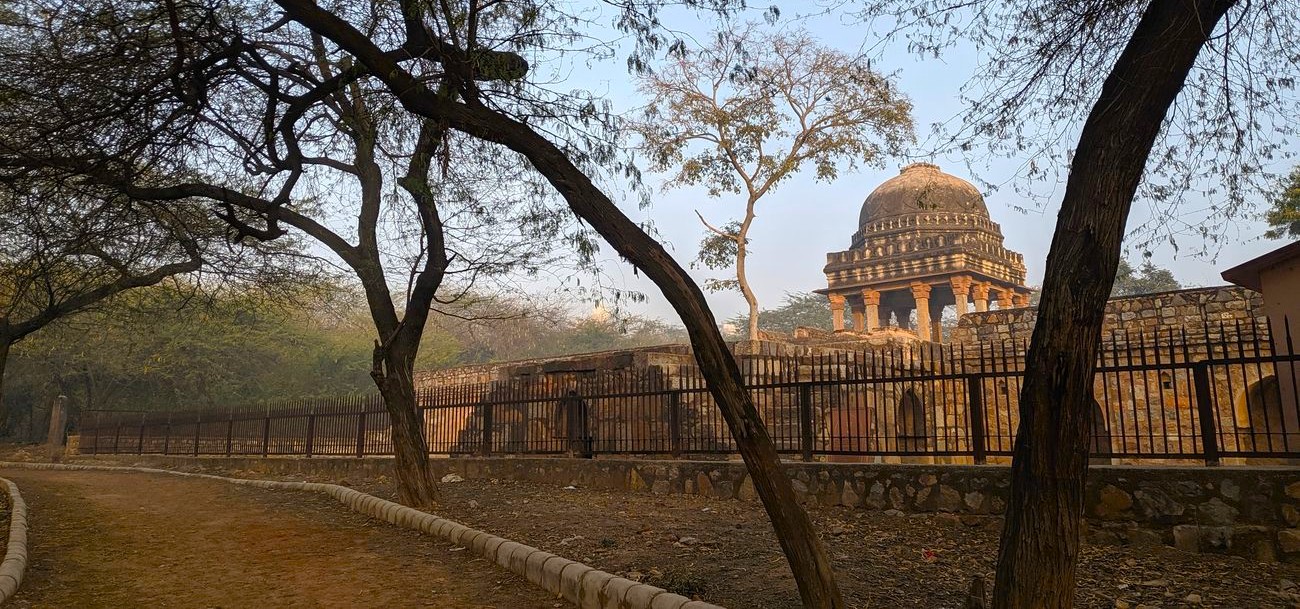
Mehrauli Archaeological Park Delhi: Timeless Artifacts
A place of historical relics and sacred spaces, providing an insightful glimpse into Delhi's past. The park features various structures that tell the stories of its erstwhile rulers. Notable among them are the remnants of ancient mosques, tombs, and step-wells, each bearing witness to the artistic, spiritual, and social dimensions of their times. The park encompasses several wonderful landmarks, including the Baoli of Lal Kot and the Tomb of Iltutmish. The Baoli, or step-well, was constructed in the 14th century and serves as a crucial source of water while reflecting the engineering ingenuity of that era. Carvings and inscriptions on the tomb of Iltutmish showcase artistry that unravels the cultural influences present during his reign.
Ancient Mosaics: Impeccable Craftsmanship
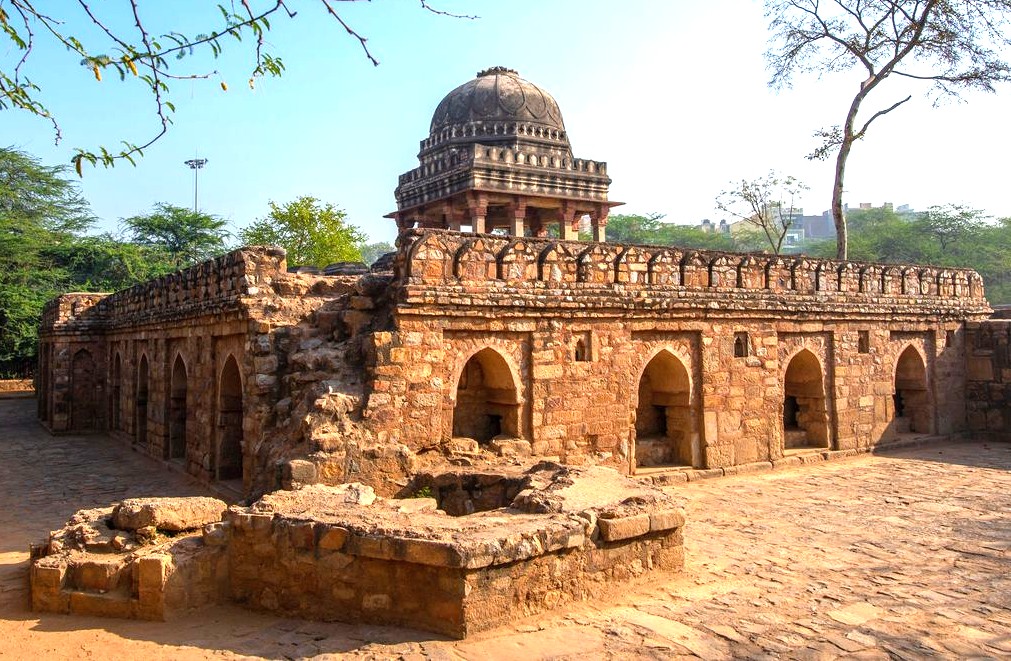
Mehrauli Archaeological Park Delhi. As we walk through the park, we can appreciate the intricate craftsmanship that adorned every structure. Starting in the 11th century, skilled artisans from various backgrounds contributed to the design and ornamentation of these monuments. By the time the Delhi Sultanate rose to prominence, techniques such as chhatris - elevated domed pavilions, became common, reflecting a blend of Hindu and Islamic influences. Each ruin tells a compelling story of centuries past, inviting you to imagine ancient lives here.
The Pulse of the Local Community
The community is marked by a deep-rooted connection to its history. Residents express a sense of pride in their heritage, viewing the park as a vital part of their identity. Local people often participate in cultural events and gatherings aimed at preserving their rich history. The presence of small artisans and craftsmen reflects a dedication to traditional skills, and markets nearby offer vibrant cultural exchanges where local handmade products can be found.
Capturing the Magic: A Photographic Haven
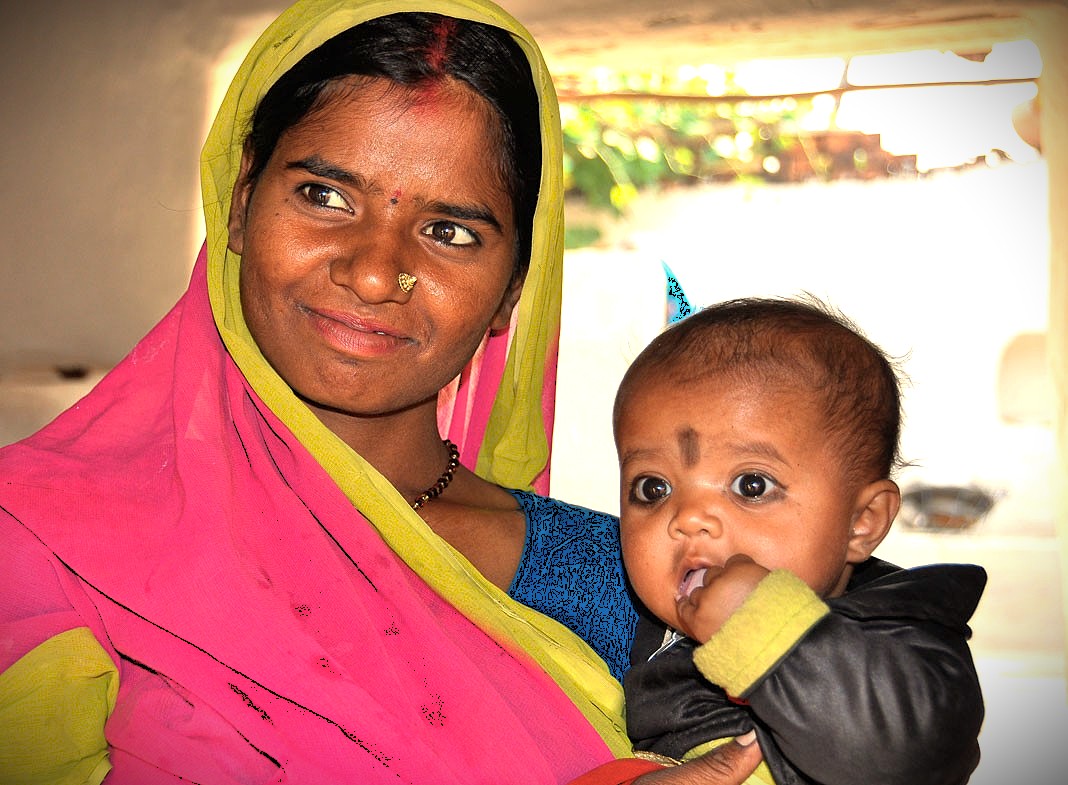
This park offers varied photography opportunities across monuments and greenery, creating simple, clear, reliable backdrops for images. We walk along easy paths, noticing fine columns, carved details, and balanced lines around each structure. The Tomb of Iltutmish presents finely carved columns, while nearby ancient mosques feature arches and courtyards. Sunlight filters through intricate jali work, revealing patterns of light and shadow that enhance stone textures. We capture locals and families in the park, framing moments near benches and pathways. Each frame captures architectural beauty and everyday activity.
A Culinary Journey: Savor the Flavour
Mehrauli Archaeological Park Delhi. We cannot overlook the local culinary traditions that add to the cultural experience. The neighborhood is renowned for its street food scene, offering an array of flavors that reflect Delhi's diversity. One must-try dish is the iconic Biryani, a fragrant rice dish prepared with marinated meat, spices, and saffron, traditionally cooked in a sealed pot to enhance the flavors. Local vendors skillfully blend ingredients like cardamom, cloves, and nutmeg with basmati rice, producing a sumptuous dish that draws both locals and food enthusiasts alike.
The Connection with the Gods
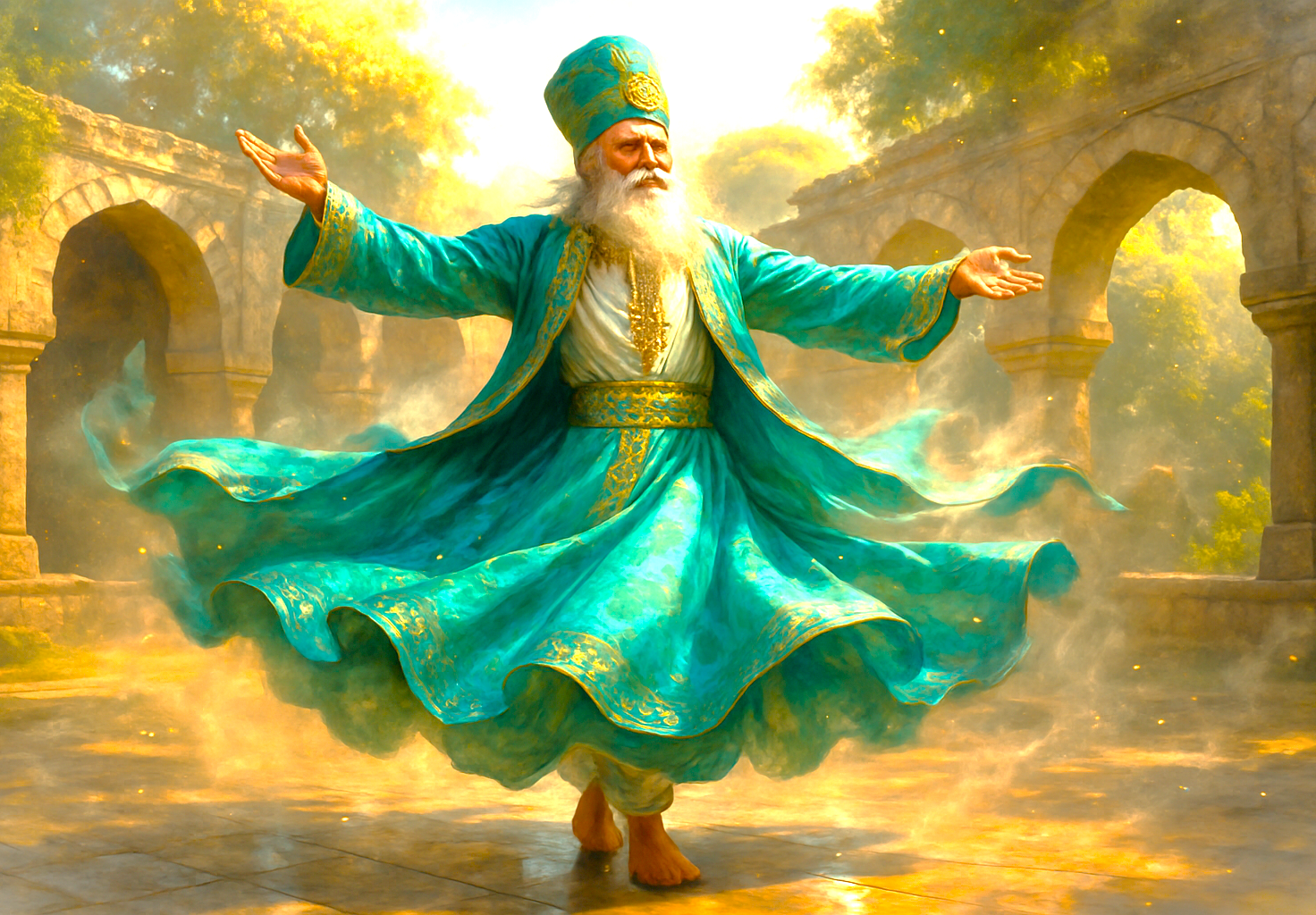
The Mehrauli area is intertwined with various spiritual narratives that define its historical significance. One prominent figure associated with this land is Khwaja Qutbuddin Bakhtiar Kaki, a revered Sufi saint. His teachings emphasized love, tolerance, and unity, traits that profoundly influenced the spiritual landscape of Delhi. Legends abound regarding his miraculous deeds, including tales of healing and guidance offered to both commoners and rulers. His tomb, situated nearby, remains a site of devotion. Pilgrims from all walks of life visit to seek blessings, feeling the power of his message.
Festivals of Devotion: Honouring the Sacred and the Divine
As we walk the Park, we cannot overlook the local culinary traditions that add to the cultural experience. The neighborhood is renowned for its street food scene, offering an array of flavors that reflect Delhi's diversity. One must-try dish is the iconic Biryani, a fragrant rice dish prepared with marinated meat, spices, and saffron, traditionally cooked in a sealed pot to enhance the flavors.
Serendipitous Meetings: Beyond the Main Path

Exploring the area around Archaeological Park in India is like uncovering hidden jewels, where wonderful, unexpected encounters await. As we walk through its quaint lanes, you discover small workshops where local artisans faithfully continue traditional practices like pottery and textile weaving, producing beautiful goods that resonate with history. Walking into nearby markets allows us to witness the thriving crafts of the region. Here, you find unique, handcrafted treasures perfect as souvenirs. Each piece tells a story the generations of dedication.
Ancient Technologies: Sacred Sound, Geometry & Astrological Influences
Mehrauli Archaeological Park Delhi. The structures within Mehrauli reflect a keen understanding of ancient technologies, particularly in the use of sound and sacred geometry. Many of the buildings are designed with precise measurements and geometrical principles that channel energy in meaningful ways. For instance, the sound properties of the Baoli allow voices to carry clearly even from distant corners, indicating a remarkable understanding of acoustics among ancient builders. The shapes and forms utilized in construction often align with astrological elements, believed to enhance connectivity with celestial forces. Specific frequencies, Solfeggio - such as 528 Hz - often associated with transformation and healing - may resonate through these ancient walls, creating an uplifting atmosphere.
Resilience and Renewal: Overcoming Adversity’s Challenges
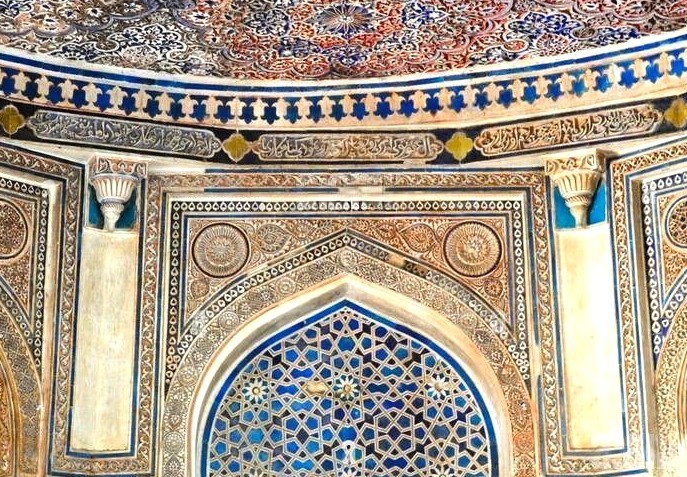
The history here is marked by several adversities that have tested the resilience of its structures and inhabitants. One notable event occurred during the reign of the Mughal Emperor Akbar. The region was impacted by a series of skirmishes, resulting from various power struggles at the time. In 1589, the area faced raids that destroyed many local structures and properties. However, the local population rallied quickly to restore their community and enhance existing monuments. This spirit of determination preserved the rich heritage across generations.
Urban Legends: Strange Sightings, Myths and Mysteries
Mehrauli's landscape abounds with urban legends and tales that imbue the area with a touch of the mystical. One prevalent story speaks of the ancient spirit of a Sufi saint seen wandering near the tomb of Jamali Kamali, particularly during the full moon. Locals describe mystical occurrences, claiming that when one visits the tomb, whispers of past prayers can be heard in the wind. Another legend suggests that beneath the Baoli lies a secret passage to the nearby Qutub Minar, allegedly used by Mughal rulers for discreet travel. While there is no concrete evidence of such a route, the lore enriches the narrative of the park, adding to the sense of mystery surrounding its history.
Pack Your Bags, Lets Go Get That Story
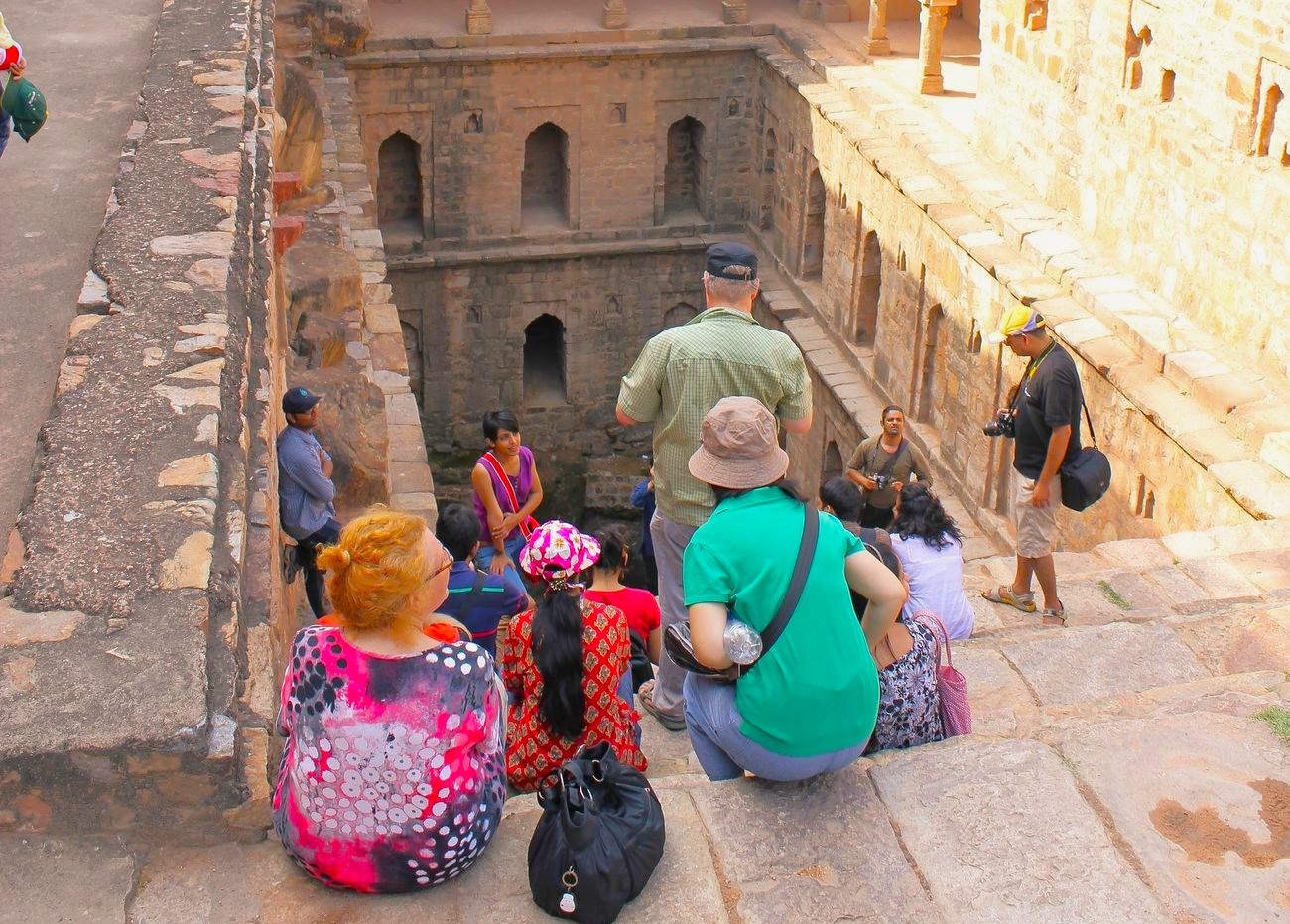
Join us on this exploratory journey through Mehrauli Park in Delhi, where history, culture, and community converge. With each step, you will uncover stories etched in stone while experiencing the warmth of the local community. We will enjoy the flavors of authentic street food, dive into magical legends, and breathe the peaceful atmosphere that blankets this historical site. We will have the opportunity to connect with artisans, and witness the resilience of a community that thrives on its past. This adventure promises a truly unique blend of discovery and connection. We observe history coming alive in beautiful ways.
Symphony of Generosity: Offerings from Wanderers to Residents
Within the Mehrauli community, a unique exchange of generosity occurs, benefiting both locals and those who journey to this area. As we interact with residents, knowledge and experiences flow both ways. Locals often share stories from their heritage, providing context and richness to our understanding, while we share our own perspectives and experiences. The presence of those exploring the park invigorates the economy - handmade crafts, local delicacies, and traditional skills find a broader appreciation through each interaction.
Step Inside The Story - View All Tour Itineraries & Details
We’re here to offer genuine, thoughtful guidance for your travels. As a small, dedicated team, we pay close attention to every detail so you can focus on enjoying the experience while we take care of the planning. We believe the best trips begin when someone truly listens to what you want and how you like to travel, so the journey feels right for you and contributes to a happy, positive group on tour. Our communication stays clear, straightforward, and respectful at every step, with the goal of helping you feel understood, supported, and confident from first contact to the end of your journey. Click here:- Discover Life Travel - India Tour Specialists